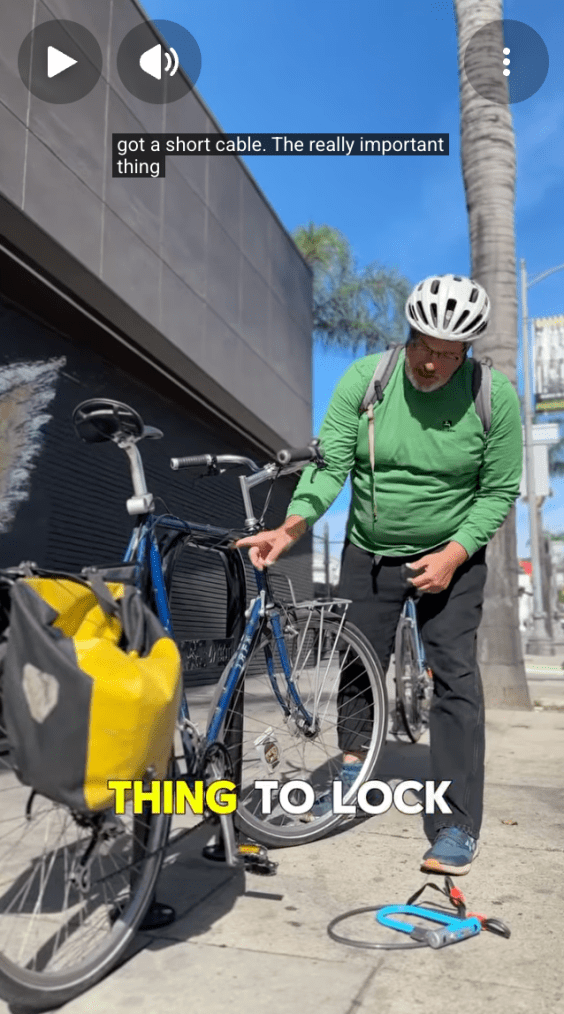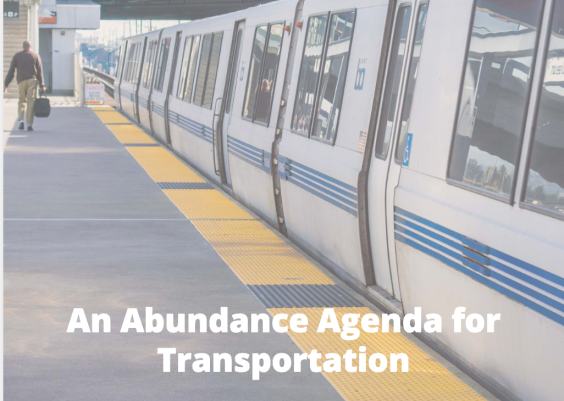 Photo by dav id from East Bay Indymedia
Photo by dav id from East Bay IndymediaDespite meeting for more than seven hours yesterday, the BART Board of Directors never managed to discuss the budget, in no small part because of the drama and theatrics of a public enraged about the shooting of Oscar Grant on January 1st and the release of an internal audit that found BART fails to award contracts to minority and female contractors commensurate with demographics and stated agency goals.
Over an hour into intense public comment calling for the firing of BART General Manager Dorothy Dugger and Police Chief Gary Gee, Gabriel Meyers, 31, who had been visibly agitated and unstable throughout the meeting, hurling epithets from behind the speakers at the podium, rushed at Dugger and sprayed her with a tube of red paint.
A quick acting BART police officer, who Board President Tom Blalock later commended and called "a runningback" for how quickly he crossed the room, tackled Meyers and subdued him. Meyers was charged with two counts of battery, one count of resisting arrest, and one count of disrupting a lawful assembly.
No Justice No BART organizers and a Grant family member present at the meeting condemned the attack and said Meyers was not associated with their efforts to seek justice for the shooting. Several protesters in the hall were upset by the attack and said they knew it would dominate the news coverage of the event, detracting from their message.
Discussion of BART's Availability and Utilization Study (PDF), which examined racial and gender disparity in BART's contracts for construction and professional services (Disadvantaged Business Enterprise, or DBE goals) was only slightly less eventful. The study found that when BART had DBE goals in place from 2002-2006, they failed to award construction and professional services contracts in accord with the demographic availability of contractors. Over the past two years, when BART suspended its DBE goals, the results were much worse.
While African Americans make up 8.01 percent of available construction contractors, they were only awarded 0.28 percent of contract dollars; Asian Americans 10.98 percent availability, 0.30 percent awarded, Hispanic Americans 8.08 percent availability, 0.79 percent awarded, Caucasian Females 6.87 percent availability, 3.11 percent awarded, and Caucasian Males 65.71 availability, 95.32 percent awarded.
The study recommended that BART re-instate DBE goals immediately, and among other long term goals: improve district wide communications with DBEs, develop BART Staff DBE program training, implement prime, sub awards, and bidders tracking, and publish enhanced bi-annual DBE utilization reports.
BART Director James Fang criticized the study, which took over two years to complete and cost the agency nearly half a million dollars, for only completing analysis of construction contracts and some service contracts, but failing to address procurement. Fang said he couldn't endorse the recommendations of the study if it failed to include procurement and to more completely analyze services, despite warnings from staff that any delay on endorsing the study's recommendations for racial and gender screening would mean that projects like the Oakland Airport Connector would go to bid without the higher standard.
A member of the public became so enraged with Director Fang he suggested Fang "should be taken out back and beaten with a rose bush" for being racially divisive (the man was African American, Fang is Asian American). After a heated back and forth, order was finally restored to the meeting and the Board voted 7-1 to endorse the recommendations of the study.
The Budget
Visibly exhausted Board directors tabled discussion of the budget, but released staff's proposals to the public and set a date for a public hearing on May 28th. Final adoption of the budget is expected on June 11th.
Staff proposed many options for eliminating the budget deficit, which would be $54 million this year and $249 million over four years without action by the Board, most notably a 10 percent fare increase (up from 6.1 percent already approved) effective July 1st, service cuts across the system, and revising BART's East Bay parking formula to extend a daily parking fee to every station where parking is currently free, except for Hayward, Oakland Coliseum, and North Concord.
This packet of proposals would still leave a deficit of $23 million. Other remedies proposed by staff that will be discussed at the next Board meeting, could include:
- Cut 50-100 additional positions ($5-10M)
- Eliminate mid-day Richmond-SF and Fremont-SF service ($2-3M)
- Higher fare increase across the system: 15 percent instead of 10 percent ($8M)
- Increase minimum fare from $1.50 to $1.75 ($14M)
- Increase Transbay surcharge 10 cents ($5M)
- Increase SFO Premium fare by $2.00 ($7M)
- Parking: increase fees, market based ($0.5 - 3M)
Director Tom Radulovich was confident the controversial proposal among suburban directors to expand parking fees to stations that don't currently have them would pass, given the budgetary concerns. "I think there is finally opportunity for movement," he said. Radulovich suggested that the operator should consider market-rate parking charges could be used to offset the longest-distance trips, which wouldn't suppress reverse commute incentives, and even suggested they revisit the possibility of a monthly pass for riders.
"Right now you can get a monthly pass on parking, not on riding," said Radulovich. "We should reverse that."
General Manager Dugger said the monthly pass is not beneficial to BART's bottom line as a budget proposal. "I would not advocate looking at that as part of a budget strategy solution but as a fare-policy consideration, which we have looked at from time to time. To date we've decided that our distance-based fare is equitable, beneficial, and we would not recommend any changes."
Board President Tom Blalock, who has historically resisted charging for parking, rejected a call for market-based parking, which he said would disproportionately impact riders in stations farther from the BART core. "I think we'll have some nibbling around the edge of the parking charge. I think there'll be more stations with parking charges," but he said that he knew there were many directors who would resist raising fees at stations that already charge for parking.
When asked why parking fees weren't set to a ratio that would at least cover the cost of maintaining the parking space (over $1/space/day for surface lots, over $2/space/day for garages), Blalock said, "Well that's an interesting cliche, but nobody makes the same parallel in terms of the cost of maintaining the huge grandiose stations that are underground in Oakland and San Francisco. Suburban riders pay for those. Nobody wants to hear that. It's part of the same system that paved the parking lots. I call it the same infrastructure and everyone ought to pay for it."
Expect some fireworks from the Board side of the rostrum at the next Board meeting, assuming the directors can get to the budget.





